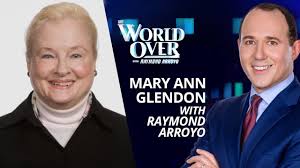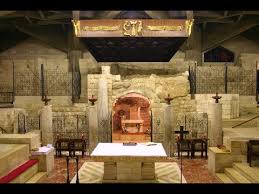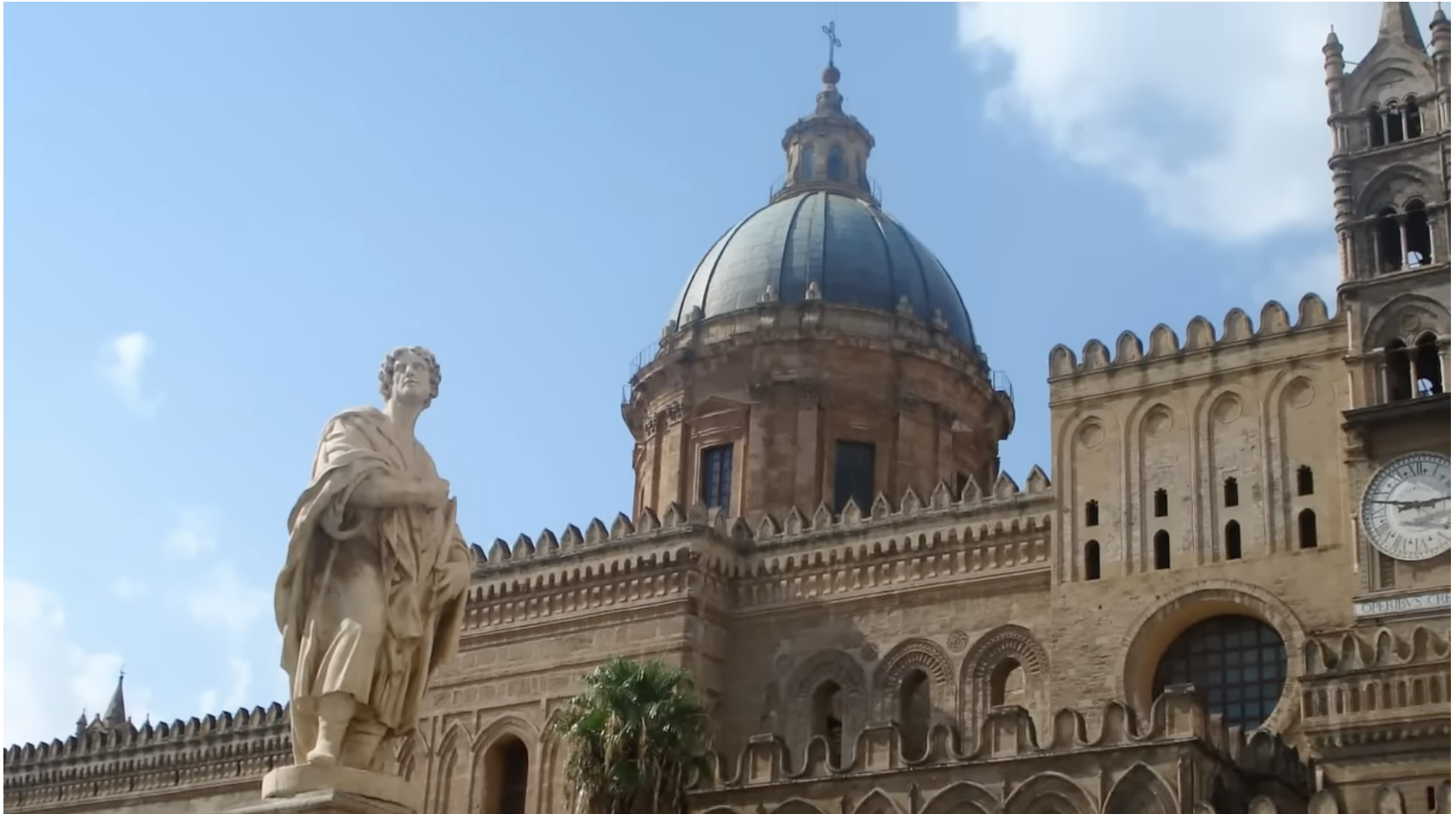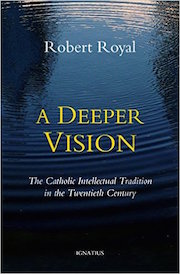Holocaust survivor Elie Wiesel recounts this exchange in his Auschwitz memoir, Night:
“‘I. . .I’m afraid. . . .They’ll break. . .my violin. . . .I. . .I brought it with me.’
I thought he’d lost his mind. His violin? Here?”
It’s an expression of incredulity at the seemingly inane focus of his young friend Juliek on a violin amidst shockingly inhumane conditions. For days, the inmates had been force-marched in an evacuation to Gleiwitz, a sub-camp of Auschwitz, and now, crammed together in a barracks, bodies are crushing atop another. Death is imminent.
“I could not answer him,” Wiesel continues. “Someone had lain down on top of me, smothering me. . . .I succeeded in digging a hole in that wall of dead and dying people, a small hole through which I could drink a little air.”
And in those conditions, to an audience of the dead and dying, as the living fell asleep amidst the corpses who would awaken no more, Juliek played his violin.
Wiesel heard the strains of a Beethoven concerto resound through the darkness and penetrate the stillness: “All I could hear was the violin, and it was as if Juliek’s soul had become his bow. He was playing his life. His whole being was gliding over the strings. His unfulfilled hopes. His charred past, his extinguished future. He played that which he could never play again.”
As Juliek spoke his dying words through music, asserting his human dignity against the darkness of pervasive inhumanity, he was giving life. The notes of his violin wafted through the barracks, and into Wiesel’s soul. Wiesel carried them within himself and played them again for us. They resound now through the pages of The Catholic Thing, and along the avenues of the eternal.
And we, ourselves, play Juliek’s violin – when we offer ourselves, our full selves, to a work which goes unseen, to an audience unable to respond, even in the face of profound darkness, because the offering itself is lasting and good.
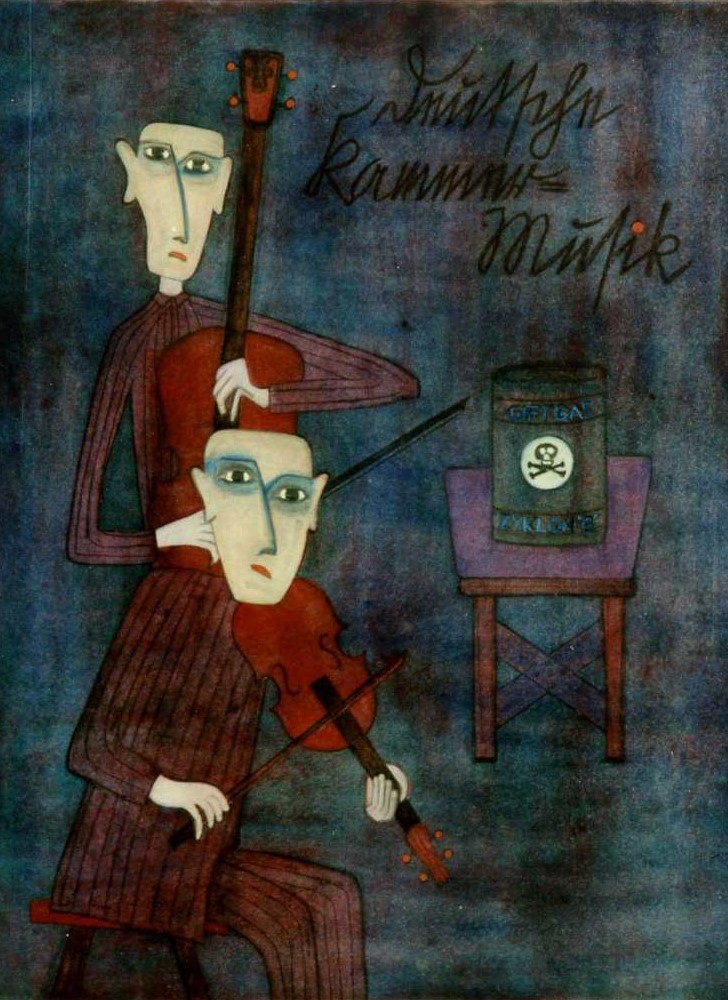
When in From the Depths of Our Hearts, Pope Emeritus Benedict XVI wrote on the celibate priesthood with Cardinal Robert Sarah, sending out into the darkness those piercing notes of hope, Juliek was playing his violin. Discouraged and exhausted souls, priests alone and isolated, cardinals and bishops of the Church, heard the notes and were renewed. They carry those notes within and play the strain of that music now in their own hearts. They pass them along to the next weary soul, and strength and courage emerge from the stillness.
When Otto Frank educated his daughters in the Secret Annex, he was playing Juliek’s violin. Algebra and Latin, taught amidst impending doom? Otto Frank filled the days of the refugees with reading, writing, and the improvement of their minds, certain that education had dignity and human dignity had value. His daughter Anne heard those notes and carried them within her soul. She, in turn, wrote her own music in the pages of her Diary, and Providence kept those pages safe until after the Second World War. And the world was a little lighter by her assertion of personhood, played out against the darkness, defiant against defeat.
When the Scriptural farmer scatters his seed on good ground, sure that some will take root, his action brings life beyond the now. The harvest is not seen at the moment of the sowing. Only the act of sowing exists. The ground is ready to receive the seed, and only the farmer’s faith and trust in sacrificing his treasure produce abundant fruit.
When Mary of Bethany broke the jar of precious ointment, anointing the head of a Christ about to die, Juliek is playing his violin. As were Mother Teresa’s nuns carrying a dying man through the streets of Calcutta, to bandage his wounds and allow him to die in their shelter.
And when Christ died for us on Calvary, giving up His spirit to the hands of evil men, when the eternal is touched through His broken Beauty and Majesty, to be made present through the Most Blessed Sacrament, the Holy Mass, and Holy Communion, in our encounter with the salvific power of His Resurrection, the Divine Symphony resounds through the firmament.
A paradox of the power of God is the holocaustum. St. Edith Stein affirms through her writings and her own death at Auschwitz, “Do you want to be totally united to the Crucified? If you are serious about this, you will be present, by the power of His Cross, at every front, at every place of sorrow, bringing to those who suffer comfort, healing, and salvation.”
Beauty has a particular ability to carry comfort, healing, and salvation to others. In the ability to lift the veil between the finite and the infinite, what is passing and what is enduring, the arts properly communicate to us all that the soul carries within. And this is a sacred trust.
In our own lives we can manifest this beauty that carries hope to others. Play the strains of your life to an audience whose goodness lies in their being. Soul speaks to soul through beauty. The strength and courage of your heroic witness, those notes played through the sacrificial offering of your life, speak through the stillness, fill the darkness with dignity, and convey the power to transform the world.
Image: Deutsche Kammermusik (“German Chamber Music”) by Fritz Hirschberger, 1994 [Center for Holocaust & Genocide Studies, University of Minnesota, Twin Cities]. Some of the world’s finest Jewish musicians were forced to perform for the amusement of Nazi SS guards. Mr. Hirschberger’s wife, Gisela, like Juliek in Night, played the violin in one of the orchestras at Auschwitz-Birkenau.


